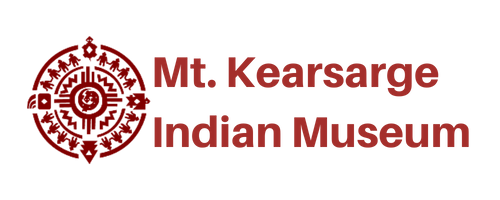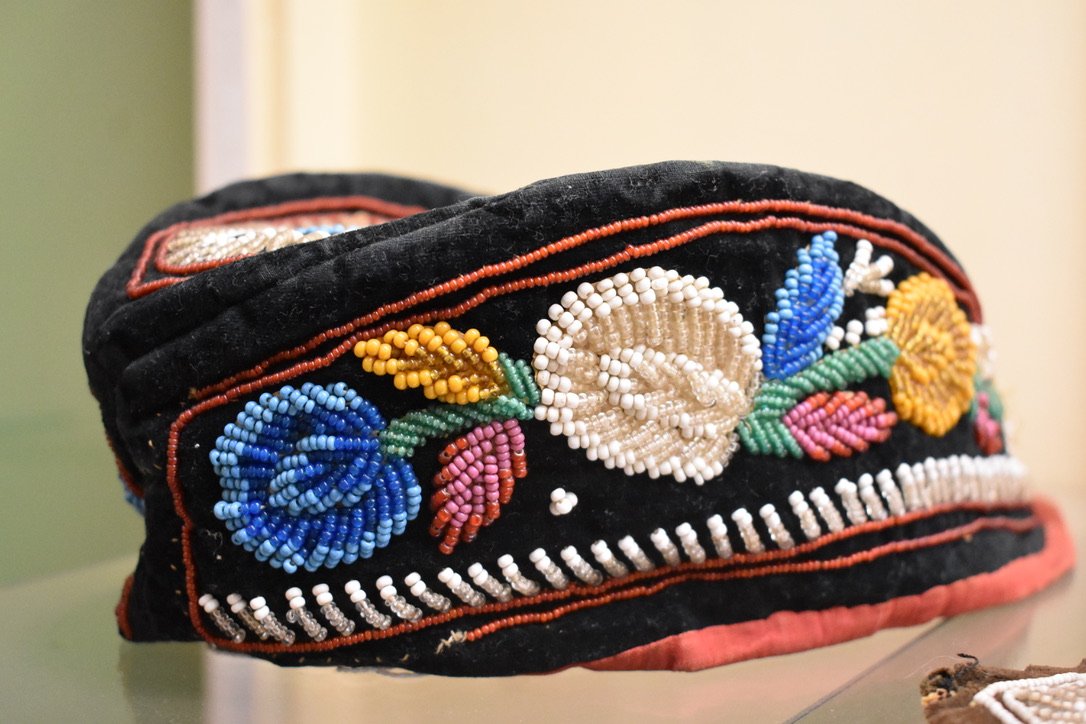Plan Your Visit
We are now open for our 2025 Season!
May 1st through October 31st - Open daily
Monday - Saturday 10am - 4pm, Sunday noon- 4pm with the last admission at 3:00pm for all days.
Guided tours for groups of 10 or more are available with advanced reservations. Please call the museum or email education@indianmuseum.org for group tours.
You can purchase tickets in person at the time of your visit or online if you prefer. Visit here to buy tickets online.
Winter Season Hours
From November through April, the museum will be open Fridays and Saturdays. Hours will be 10-4, with tours at 10:30 and 1:30.
General Information
Educational tours available by reservation.
Guided tours available daily pending staff availability. The times are 10:30 am and 1:30 pm, Monday through Saturday and 1:30 pm on Sundays. Fridays and Saturdays only from November 1 - April 30.
Self-guided tours of galleries available all day.
Self-guided tours of Medicine Woods available all day.
Group tours (10 or more) available by reservation.
We look forward to your visit at MKIM.
Admissions
Tickets may be bought online here or purchased in the museum’s gift shop.
Native Americans and Members - Free Become a member today
Adults - $15.00
Seniors/Students/Veterans - $12.00
Children 6 - 12 - $10.00 (children under 6 - no charge)
Household (2 adults & up to 3 children under 18) - $50.00
* Guest passes, Groupons, or any discount passes are not valid for any special events, school tours, or other prearranged group tours.
Directions
Our museum is located in the town of Warner, New Hampshire. The map to the left shows you our location is only a few miles off Interstate 89. Downtown Warner has a variety of museums, restaurants, and shops.
Directions from I-89:
From either exit 8 or 9 take Route 103 to the center of Warner, turn up Kearsarge Mountain Road. After one mile turn right onto Highlawn Road. Turn right into the second driveway. As you pull in to the parking lot you should see the front museum entrance.
Collections & Exhibitions
MKIM’s collections include thousands of beautiful Native-made objects now housed in the main building, plus the plants growing in the Medicine Woods, and the trees growing in the Janeway Arboretum. We teach students and visitors that many of the Native-made objects inside the museum come from the resources – trees, roots, grasses, berries, stones, and animals – of the outdoors.
Shaping Traditions: Pueblo Pottery
Inside the museum, there is the Main Gallery, the Contemporary Art Gallery, plus special lobby exhibits. The Main Gallery was established when the Museum opened in 1991, and was set up by Bud and Nancy Thompson. It is arranged in a circle, and divided into geographical regions of North America, with an emphasis on their different environments. There may be 100 or more different tribes in each of those regions, and the collections on display are the art and craft of those tribes.
Over the years we have painted the gallery walls, added murals, and made adjustments to highlight new objects, but the basic idea started by Bud and Nancy remains the same -- it is to help the visitor see the beauty in Native-made objects, and to try to imagine the world-views of the maker.
The Contemporary Art Gallery is an area for members of the Native community to create exhibits of contemporary Native art. In past years, members of the Native community have guest-curated new exhibits.
The Contemporary Art Gallery was established in 2012, and its exhibits have included: Beading is Breathing, Containers, Reading Native Art, Giona Sezoha G’dakinna – We Paint Our Land, All My Relations, Tattoos, Protection & Warmth, Shaping Traditions: Pueblo Pottery, 100 Years of Hopi Katsina Carvings, and more. In Summer 2023, an exhibit was presented in partnership with the Vermont Abenaki Artists Association and the Abenaki Arts & Education Center and discussed the importance of water and environmental stewardship. This exhibition was called Nebizun: Water is Life and was made possible by NH Humanities - Community Project Grants.




